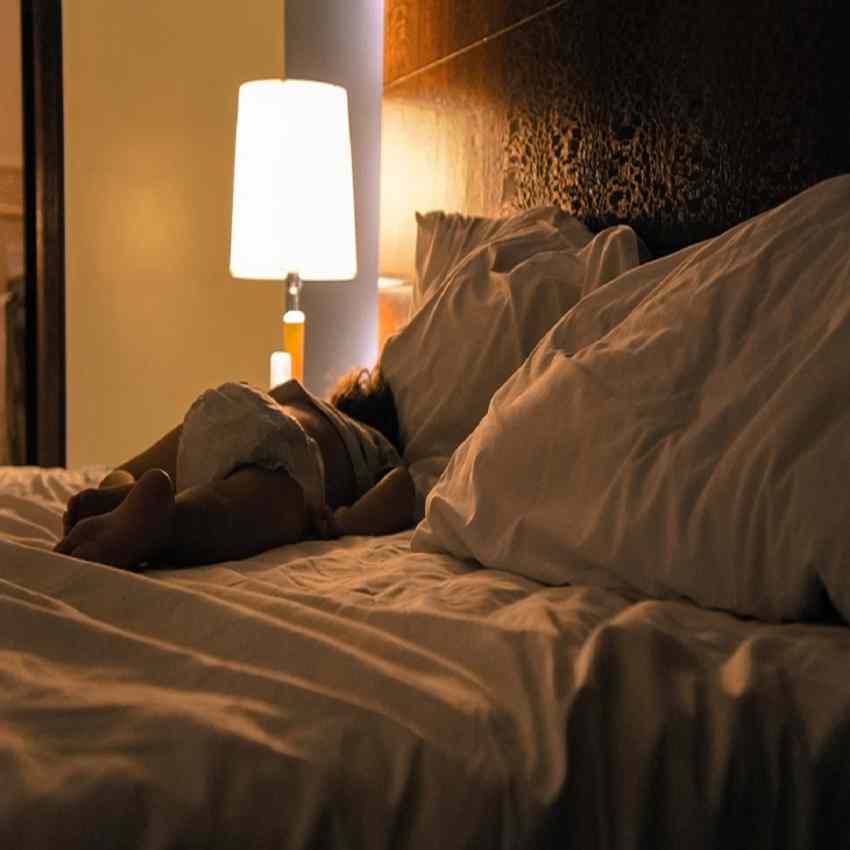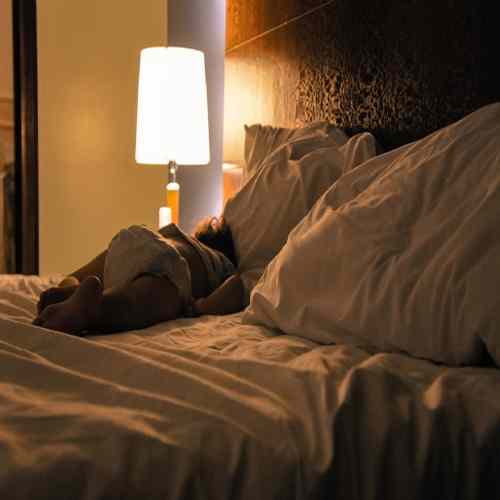Most children with Autism have sleeping difficulties. A lack of a good night’s sleep can affect not only the child but everyone in his or her family, especially mum.
Their sleeping difficulties include difficulty falling asleep, inconsistent sleep routines, restlessness or poor sleep quality, waking early or waking frequently.
[Autism: The myths and the facts]
The causes of this sleep disorders vary. The good news is that there are a number of lifestyle interventions and sleep aids that can help. They might not be 100% effective, however, practicing these habits may help improve your child’s sleep.
Ps: Sleep medications should only be used with children as a last resort; when you notice they’re not getting the right amount of sleep.
[Is your child getting enough sleep?]
How to help your child with autism sleep better
1. Establish a bedtime routine: give your child a bath, read a story, and put him or her to bed at the same time every night.
2. Help your child relax before bed by reading a book, giving a gentle back massage, or turning on soft music.
3. Shut down television, video games and other stimulating activities at least an hour before bedtime. Also, eliminate all household noises.
4. To prevent sensory distractions during the night, put heavy curtains on your child’s windows to block out the light, install thick carpeting, and make sure the door doesn’t creak. You can also make sure that the temperature of the room and the choice of bedding fit with your child’s sensory needs.
5. Avoid giving your child stimulants such as caffeine and sugar before bed
6. Ask your paediatrician about giving your child melatonin just before bedtime. This dietary supplement is often used as a sleep aid to help people get over jet lag. It may help normalize sleep-wake cycles in autistic children who have sleeping issues, and research done so far finds that it’s safe and effective.
7. Teach your child to sleep alone. Everyone naturally wakes up several times at night. Children will eventually go back to sleep if there’s no one to fuss over them. You can check on them once in a while. That’s why it’s important for your child to learn to fall asleep alone at bedtime as well as during the night.
Try incorporating these tips and see the difference. Take a bold step and don’t feel guilty about your decisions. Although it’s important for you to do what’s best for your child, you can’t do that if you’re tired or sleep deprived.



